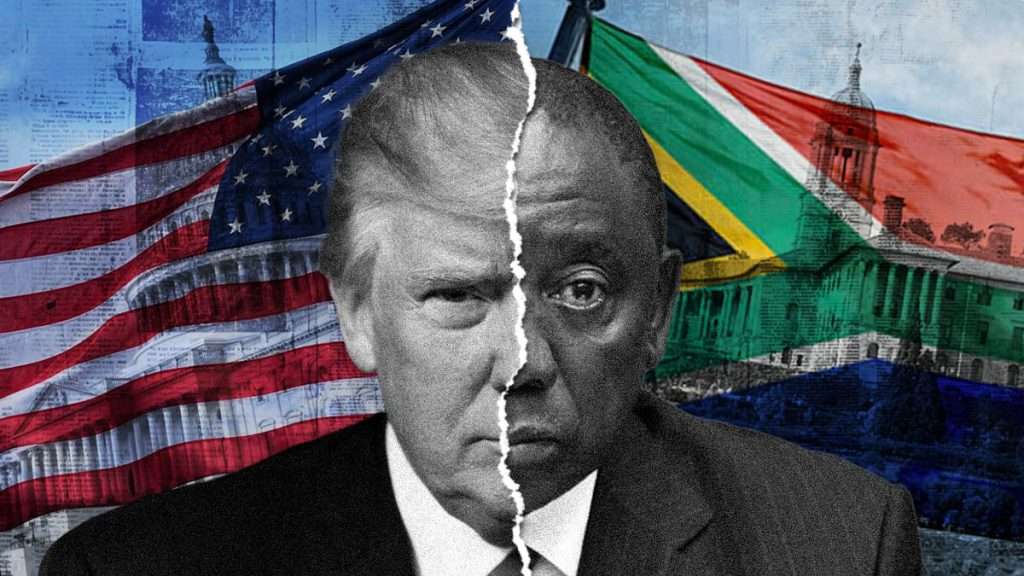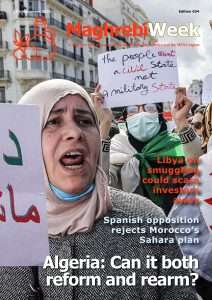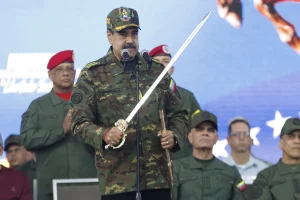Trump escalates feud with South Africa over G20 dispute

US President Donald Trump announced on November 26 that South Africa will not be invited to next year’s G20 summit, which is due to be hosted in Miami.
The Associated Press reported that Washington will halt all payments and subsidies to South Africa following what Trump described as the mistreatment of a US representative during this year’s G20 gathering.
Created in 1999, the G20 brings together leading industrialised and developing economies to coordinate global economic policy and address issues ranging from trade and development to climate and financial stability.
Trump declined to send an American delegation to the summit held on November 22-23 in South Africa, claiming that the country’s white Afrikaner population is facing violent persecution. South African officials have dismissed that allegation as unfounded, noting the country’s painful history under apartheid.
In a statement posted on Truth Social, Trump said that South Africa had refused to pass on its G20 hosting duties to a senior US Embassy representative at the end of the summit. He wrote, “Therefore, at my direction, South Africa will NOT be receiving an invitation to the 2026 G20, which will be hosted in the Great City of Miami, Florida next year.”

According to the office of President Cyril Ramaphosa, South Africa considered the US choice to send a lower-level embassy official for the handover ceremony an affront. Due to the absence of a US delegation, the ceremony was held later at the South African Foreign Ministry.
Ramaphosa’s office said he “noted the regrettable statement by President Trump on South Africa’s participation in the 2026 G20 meetings” and rejected Trump’s claims about violence against Afrikaners, stating that he “continues to apply punitive measures against South Africa based on misinformation and distortions about our country.”
The summit ended amid concerns from several participating leaders about the US’s decision to stay away, which they said highlighted deepening global divisions.
Yet, Ramaphosa insisted that the gathering “underscores the value of the relevance of multilateralism,” with the weekend’s discussions focusing on countries grappling with inequality and climate-related challenges.
The final declaration, which focused heavily on issues affecting developing nations, was not signed by Washington. The Trump administration also objected to South Africa’s emphasis on climate policy. As the US has now assumed the rotating G20 presidency, the long-term relevance of the Johannesburg declaration remains uncertain.
Trump has repeatedly argued that white Afrikaner farmers are being targeted and displaced. South African authorities, as well as some Afrikaners themselves, say these claims stem from inaccurate information. His administration has increasingly criticised South Africa’s relationships with China, Russia and Iran, portraying them as evidence of anti-American sentiment.
The political dispute has unfolded alongside growing trade friction. In April, Washington announced a 30 percent tariff on several South African exports, framing it as a reciprocal response to existing trade imbalances. When the measure was implemented in early August, certain export categories faced even steeper costs after the US applied additional surcharges through its domestic trade review mechanisms.
Associated Press, G20 South Africa, Maghrebi, Business Insider Africa
Want to chase the pulse of North Africa?
Subscribe to receive our FREE weekly PDF magazine










